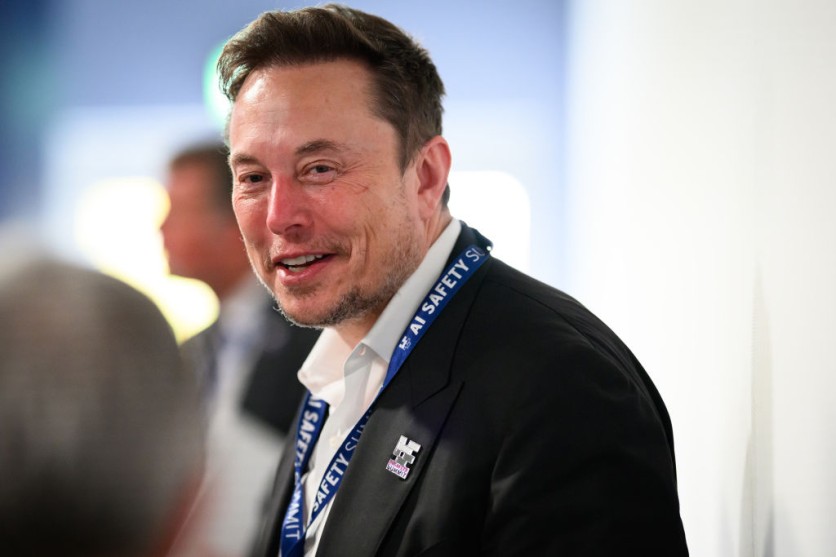Elon Musk's recent decision to drop his lawsuit against OpenAI marks a significant development in the ongoing dispute between the tech mogul and the AI research company.
As legal proceedings unfold, questions arise about the solidity of Musk's claims and the implications for the future of AI development and corporate partnerships.
Elon Musk's Lawsuit Withdrawal
Elon Musk has dropped his lawsuit against OpenAI and its CEO, Sam Altman. The lawsuit accused the company of breaching its contract and allegedly straying from its mission to create AI technology for the benefit of humanity. The lawsuit has been dismissed without prejudice, allowing Musk to refile it.

Musk filed in February in a California state court (case number CGC24612746). The withdrawal comes just one day before a scheduled hearing, during which the judge will review OpenAI's request to dismiss the case.
His withdrawal also follows his recent statement that he would ban Apple devices at his companies if Apple integrates OpenAI's technology into the iPhone and Mac "at the OS level," among other unusual threats.
A hearing was scheduled for Wednesday in San Francisco, where the judge was set to consider the defendant's request to dismiss the case. In March, experts told CNBC that the lawsuit had a shaky legal foundation since the central contract was not a formal written agreement signed by all involved parties.
Read Also : Elon Musk: iOS 18 a 'Security Violation' for ChatGPT AI Integration; New Apple Ban for Tesla
Elon Musk vs. OpenAI
Musk's lawsuit claimed that OpenAI violated an agreement made with Musk and other founding members. They had all pledged to make OpenAI a nonprofit and keep its technology open source. Musk asserted that OpenAI breached a "Founding Agreement," but no such formal contract was presented in court.
The complaint referred to this agreement, but it was more of an informal understanding conveyed through emails rather than a concrete, signed document. This lack of a tangible contract weakened the foundation of Musk's lawsuit.
OpenAI swiftly denied Musk's claims after the lawsuit was filed, stating that the billionaire aimed for "absolute control" by merging OpenAI with Tesla. The company also clarified that "no agreement at all" exists with Musk.
Last year, Musk launched his own AI startup, xAI, positioning it as a competitor to OpenAI. Just recently, xAI announced a substantial $6 billion Series B funding round, with notable investors like Andreessen Horowitz, Sequoia Capital, and Fidelity Management & Research Company.
According to its website, X.AI's mission is to "understand the true nature of the universe." The company introduced Grok, a chatbot named after "The Hitchhiker's Guide to the Galaxy," as part of its initiatives last year. The company claims that Grok underwent two months of training and boasted real-time internet knowledge.
Related Article : Elon Musk Announces New AI Company With Mission to 'Understand Reality'





